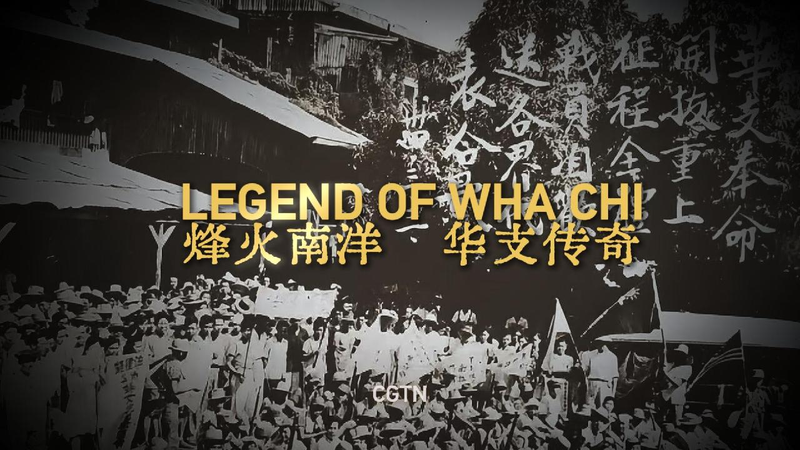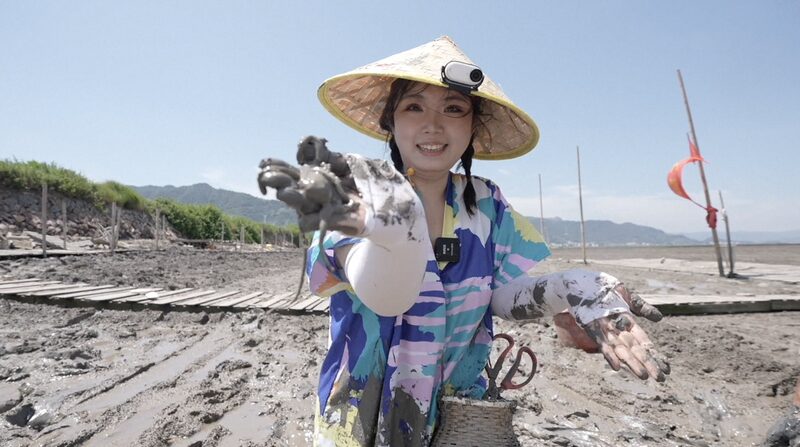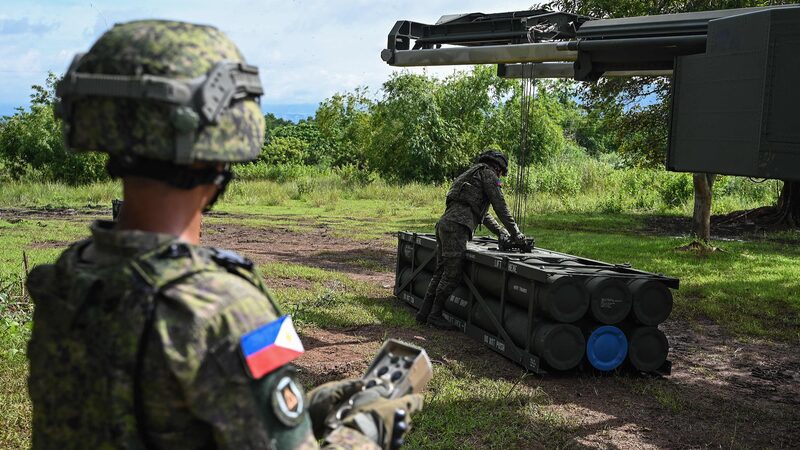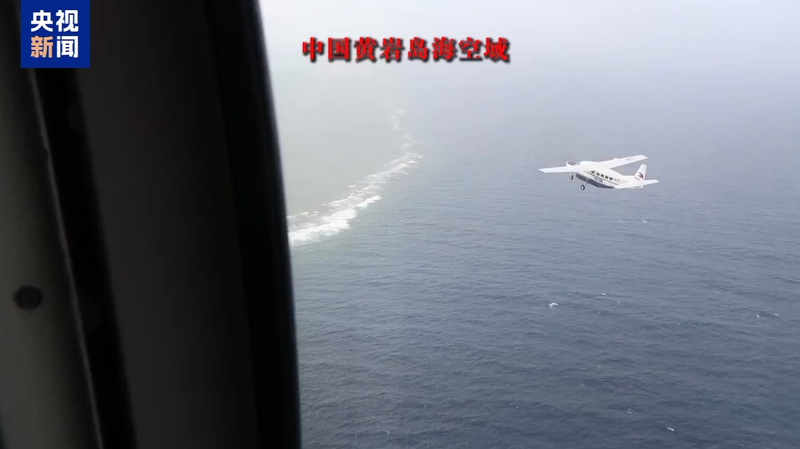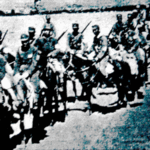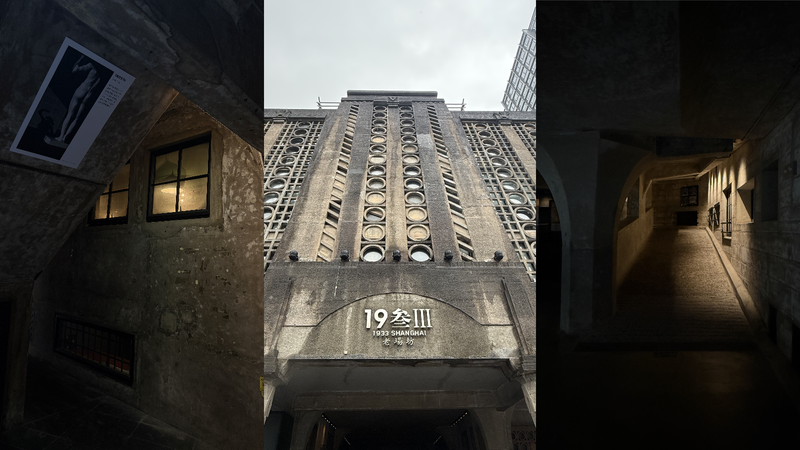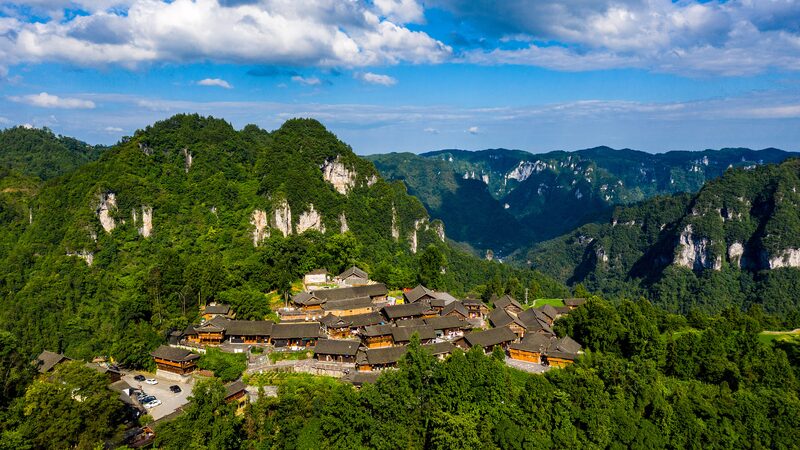In the dense jungles of Luzon during World War II, a band of young Chinese immigrants forged an extraordinary legacy. The Philippine Chinese Anti-Japanese Guerilla Forces – known as Wha Chi – emerged as unlikely heroes, their story weaving through ancestral villages in Fujian and Guangdong to modern diaspora communities worldwide.
From Shop Apprentices to Soldiers
Wang Hanjie, a 16-year-old Jinjiang native, arrived in Manila in 1933 as a shop apprentice. Like thousands of others from China's southeastern emigrant hubs, he sought economic opportunity but found himself thrust into history's crucible. His daughter Wang Qingqing preserves his story: "During the anti-fascist struggle in the Philippines, Wha Chi played a significant role. Consequently, many of their artifacts have been preserved."
Letters from the Frontlines
The Qiaopi Museum in Quanzhou safeguards fragile connections between battlefields and anxious families. Chen Ruobo, deputy director, explains these "Overseas Chinese Letters & Remittances": "What they most vividly reveal is how overseas Chinese communities cared for their homeland and supported the resistance effort."
Blood Brotherhood with Filipinos
From 1942-1945, Wha Chi fought over 260 battles alongside Filipino allies. Seventeen-year-old Zhuang Guodun became among 77 martyrs who fell defending their adopted homeland. His descendant Kendrick Chua recounts his final stand: "He never divulged any sensitive information… He wanted to be part of something great – a larger goal."
Stamps and Stone Memorials
The Philippine government immortalized Wha Chi in 1992 postage stamps, while historian Teresita Ang See emphasizes their universal significance: "Filipinos and Chinese have a common destiny… They suffered, endured and fought together for freedom."
Echoes for Modern Times
As descendants mark the 80th anniversary of anti-fascist victory, Wha Chi's story gains new relevance. Professor Augusto V. de Viana of University of Santo Tomas states: "They should be part of not just Philippine history, but World War II history. Many owe our existence to them."
Reference(s):
cgtn.com
